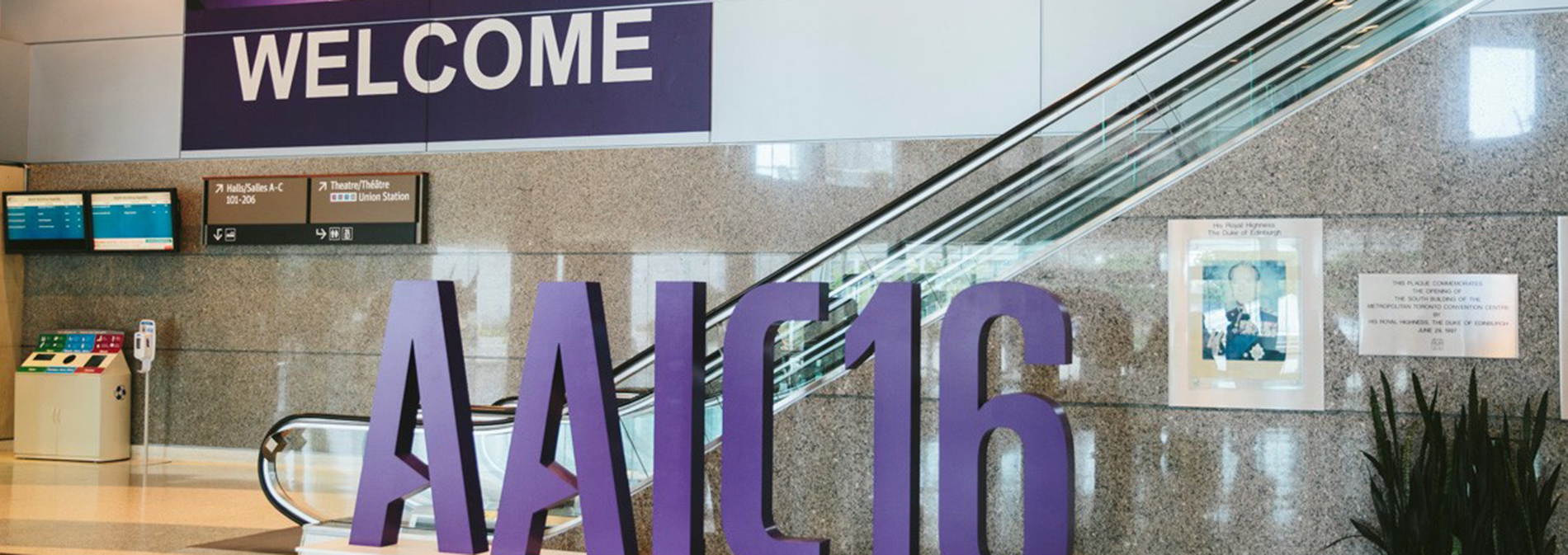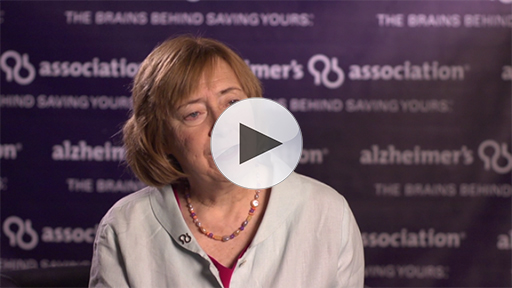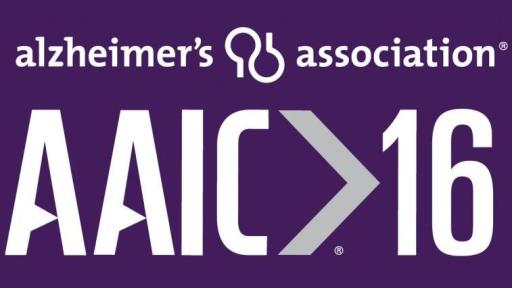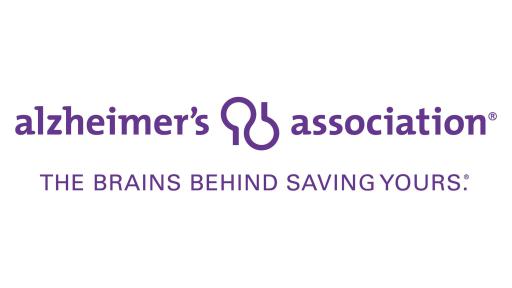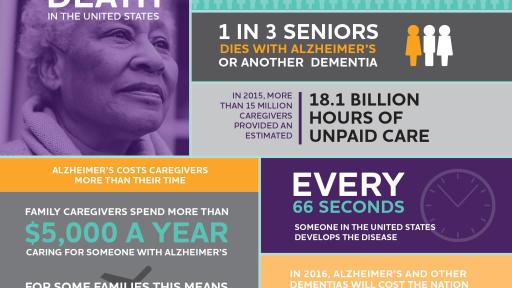FROM THE ALZHEIMER’S ASSOCIATION INTERNATIONAL CONFERENCE 2016
FORMAL EDUCATION AND COMPLEX WORK MAY REDUCE THE NEGATIVE EFFECTS OF BAD DIET AND CEREBROVASCULAR DISEASE ON COGNITION
- Cognitive Training May Reduce New Cases of Cognitive Impairment and Dementia -
- Certain Genes May Lower Dementia/Alzheimer’s Risk -
- Alzheimer’s Resilience Factors May Vary Between Men and Women -
PR Newswire, TORONTO, July 24, 2016
Researchers from the Wisconsin Alzheimer's Disease Research Center and Wisconsin Alzheimer’s Institute today presented new data that suggests that people whose work requires complex thinking and/or activities are better able to withstand the onset of Alzheimer’s disease. Results — reported at the 2016 Alzheimer’s Association International Conference (AAIC) in Toronto — suggest that working with people, rather than data or physical things, contributed the most to the protective effect.
Four additional studies also presented at AAIC 2016 add to the current body of evidence that modifiable risk factors can help build resilience to age-related cognitive decline. According to these reports, formal education, complex work and newly-identified genes may increase resilience to cognitive decline and dementia, even in people at high risk for the disease because of unhealthful diet or blood vessel problems in the brain. Additionally, resilience factors may vary between men and women at high genetic risk of Alzheimer’s. Finally, a scientifically tailored cognitive training program led to a reduction in risk of developing cognitive decline or dementia over the 10-year course of a research study.
“These new data add to a growing body of research that suggests more stimulating lifestyles, including more complex work environments with other people, are associated with better cognitive outcomes in later life,” said Maria C. Carrillo, PhD, Alzheimer’s Association chief science officer.
“As each new study emerges, we further understand just how powerful cognitive reserve can be in protecting the brain from disease. As we’ve heard at AAIC this year, formal education and complex occupation could potentially do more than just slow cognitive decline – they may actually help compensate for the cognitive damage done by bad diet and small vessel disease in the brain. In metaphorical terms, we can see how cognitive reserve is taking on super power status,” Carrillo said. “It is becoming increasingly clear that in addition to searching for pharmacological treatments, we need to address lifestyle factors to better treat and ultimately prevent Alzheimer’s and other dementias.”
Click here to view the full press release.
About Alzheimer’s Association International Conference (AAIC)
The Alzheimer’s Association International Conference (AAIC) is the world’s largest gathering of researchers from around the world focused on Alzheimer’s and other dementias. As a part of the Alzheimer’s Association’s research program, AAIC serves as a catalyst for generating new knowledge about dementia and fostering a vital, collegial research community.
AAIC 2016 home page: www.alz.org/aaic/
AAIC 2016 newsroom: www.alz.org/aaic/press.asp
About the Alzheimer’s Association
The Alzheimer’s Association is the leading voluntary health organization in Alzheimer's care, support and research. Our mission is to eliminate Alzheimer’s disease through the advancement of research, to provide and enhance care and support for all affected, and to reduce the risk of dementia through the promotion of brain health. Our vision is a world without Alzheimer’s. Visit alz.org or call 800.272.3900.
CONTACT:
Alzheimer’s Association AAIC Press Office, 416-585-3701, [email protected]
Niles Frantz, Alzheimer’s Association, 312-335-5777, [email protected]


